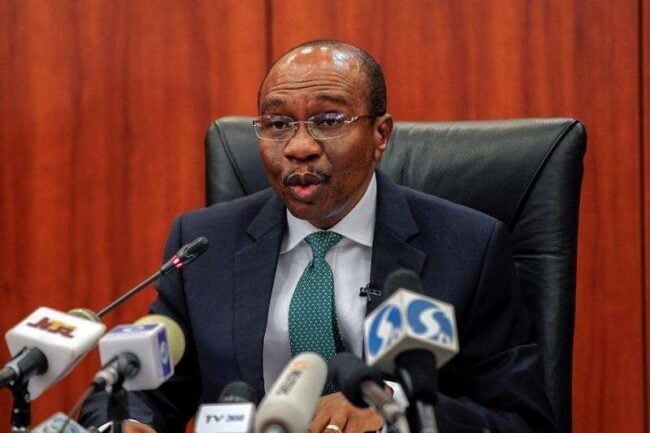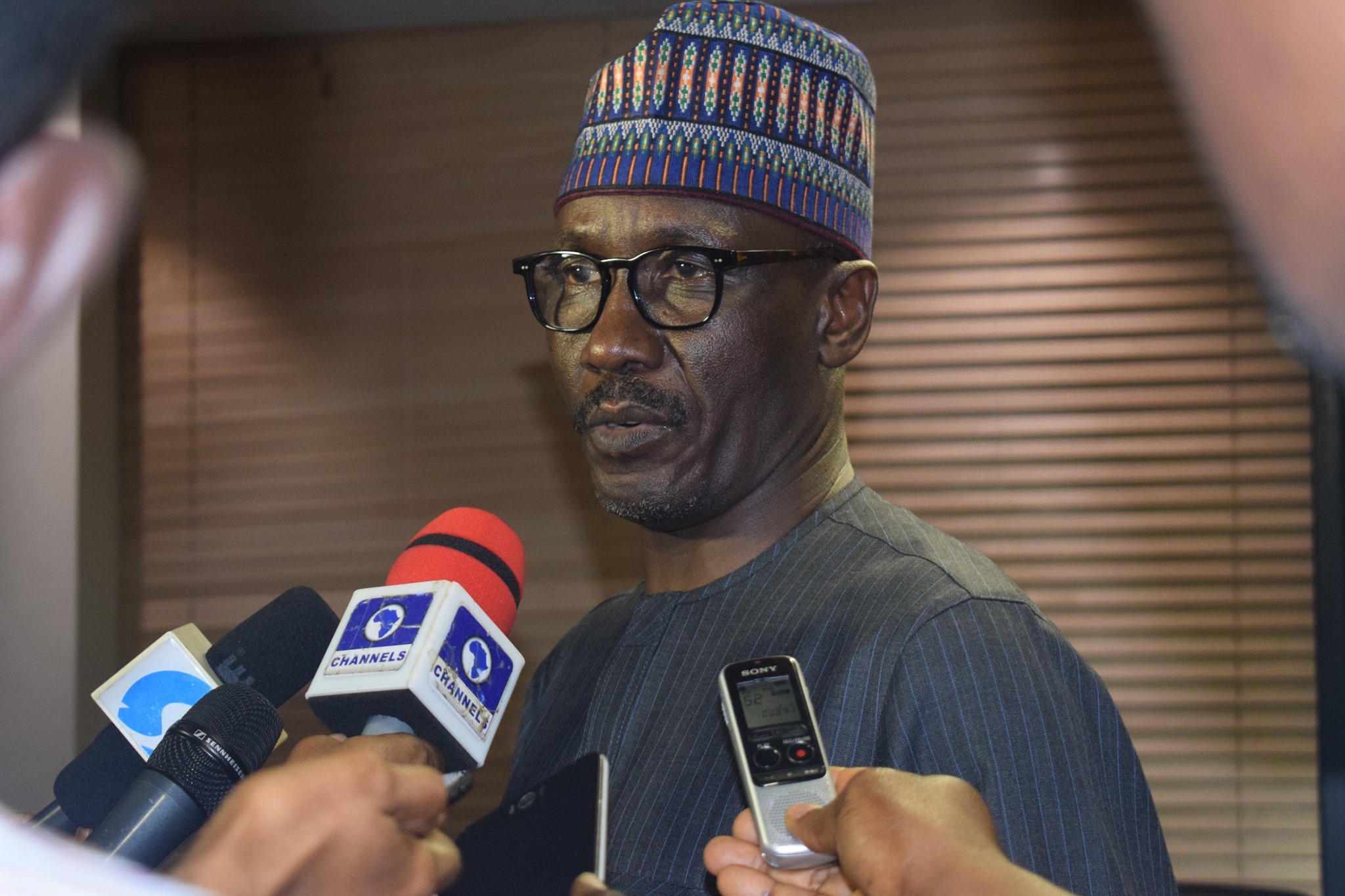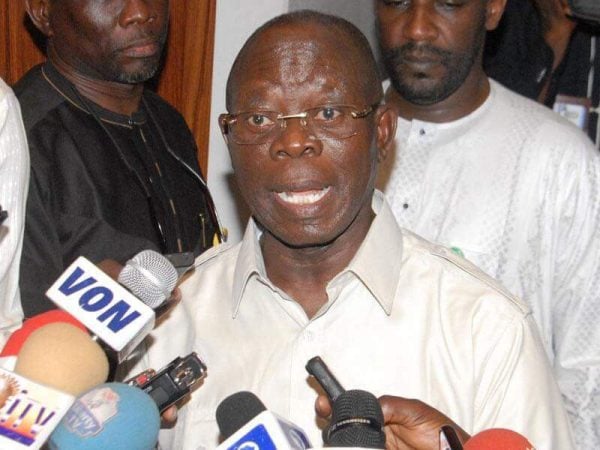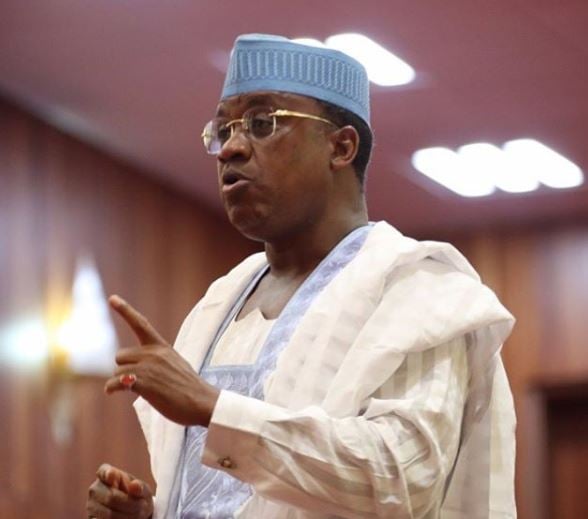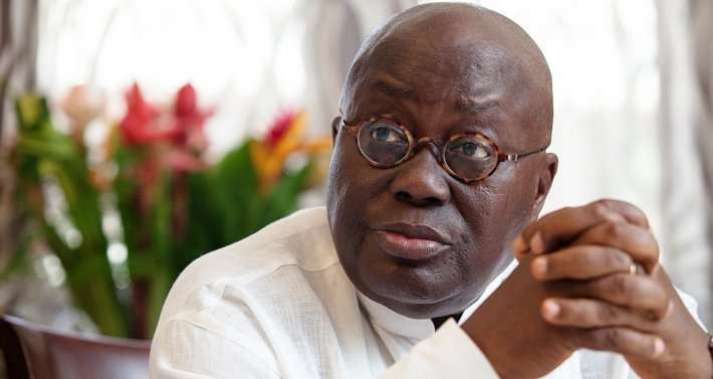Godwin Emefiele, the governor of Central Bank of Nigeria (CBN), has attributed the country’s economic growth to the policy measures put in place by the apex bank.
Emefiele made the assertion at the 11th Annual Bankers Committee Retreat with the theme: ‘Delivering Inclusive Growth: Leveraging Digital Finance’ in Ogere, Ogun State.
NAN reports that the two-day retreat, brought together chief executive officers of commercial banks to discuss financial issues bothering the nation.
“The gross domestic profit (GDP) growth has remained positive for 10 consecutive quarters after the recession,” he said.
Advertisement
“For the 2nd and 3rd Quarter of 2019, GDP growth stood at 2.1% and 2.28% respectively.
“The positive growth in GDP has been driven by improvements in agriculture, oil and gas, manufacturing and information communication technology.”
He said in October, there was an uptick in headline inflation which was partly driven by cost-push factors such as the recent border closure.
Advertisement
He said that the effect would be temporary, as efforts were being made to induce greater production of staple food items.
Emefiele said, however, that the core inflation as of October 2019 was under 9%.
The CBN governor said also that the country’s financial system was in a much stronger position, as capital buffers and liquidity in the banking system continued to improve.
“Industry-wide capital adequacy ratio(CAR) has increased from 10.2% in December 2017 to 15.5% in September 2019.
Advertisement
“The percentage of non-performing loans in the banking sector has declined from its high of 14.7% in January 2017 to under 7% as of October 2019.
“Credit conditions in the banking system have improved supported by our new policy measures announced in June 2019, which requires banks to maintain a minimum 65% loan to deposit ratio.
“In addition, banks are now able to recover delinquent loans from customer’s accounts in other banks. As a result, gross credit increased by N1.16 trillion between May and October 2019.
“These measures have placed our banks in a much better position toward supporting a stronger economic recovery.”
Advertisement
He said the impact of a tighter monetary policy regime, attractive yields in the money market, and the banks’ efforts at supporting domestic producers in the agriculture and manufacturing sectors; along with improvements in oil production, had supported continued foreign exchange inflows into the Nigerian market.
Notwithstanding these positive indicators, Emefiele said the country was still far from her potentials as continuous GDP growth has not led to significant reductions in our unemployment rate.
Advertisement
Add a comment
